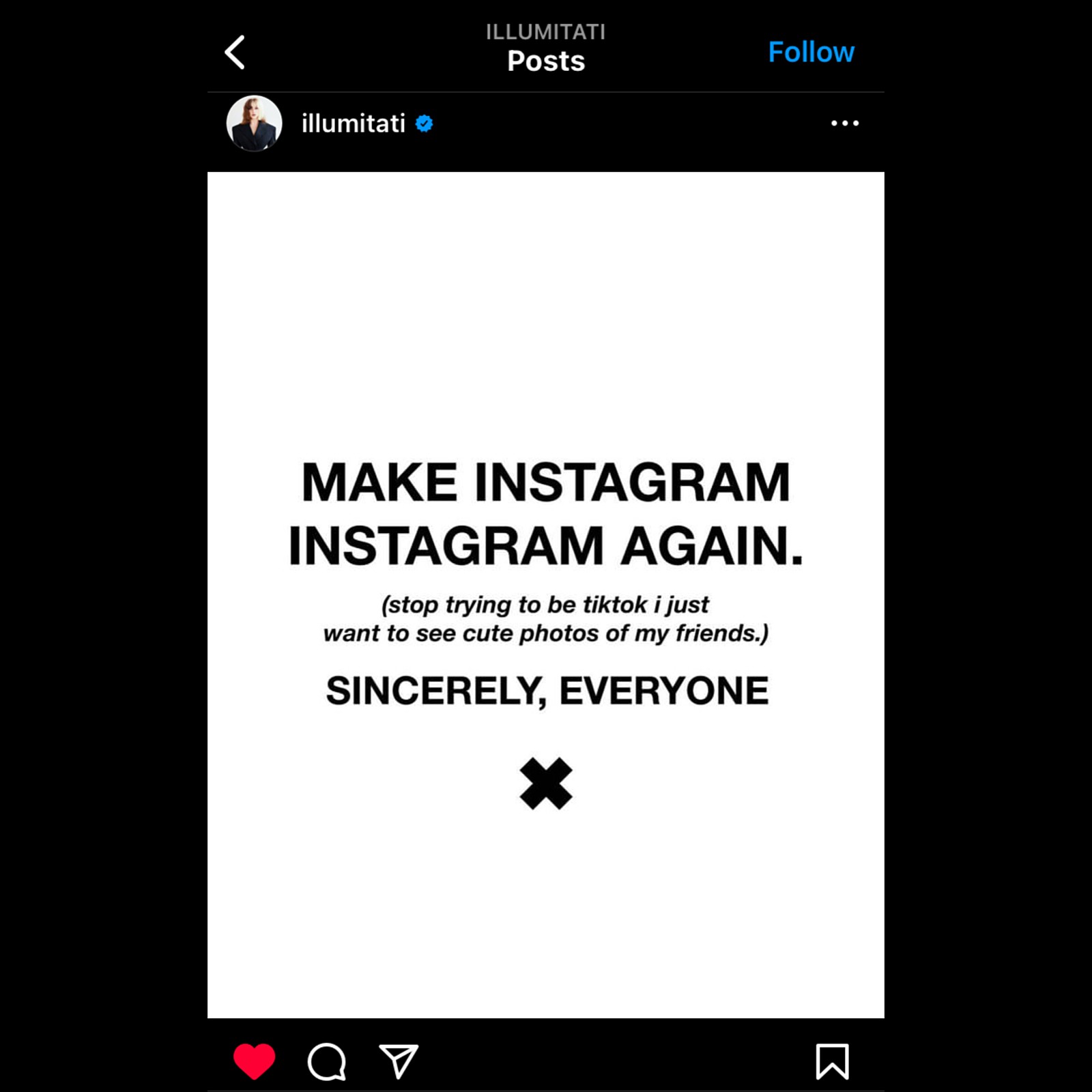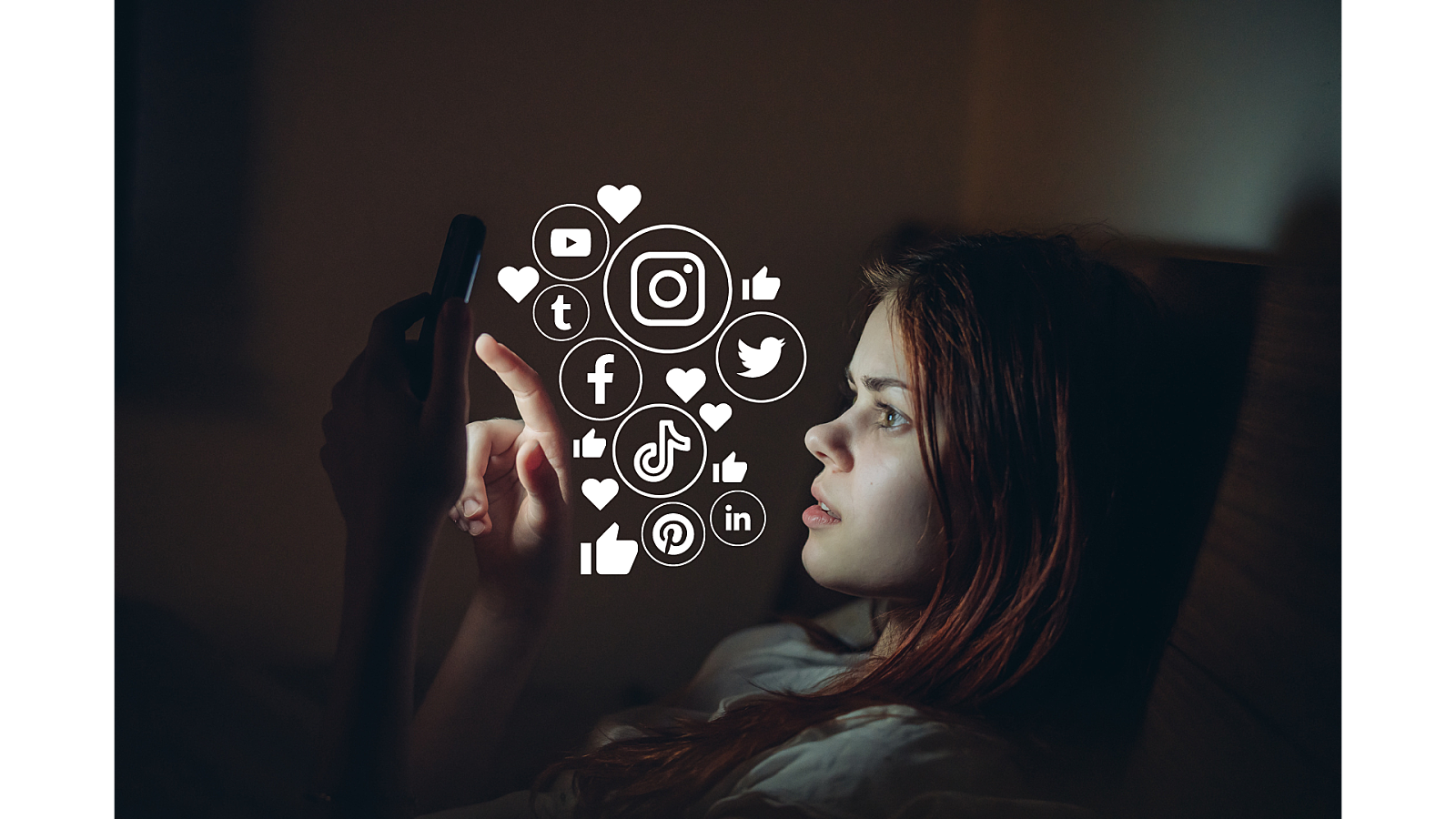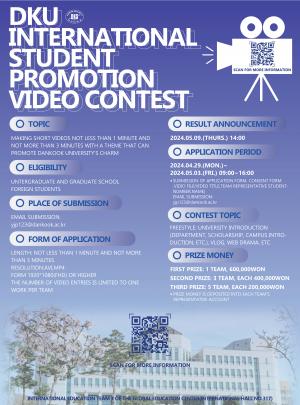On July 23, photographer Tatiana Bruening shared a post on Instagram with the phrase “Make Instagram Instagram Again.” This phrase was created to protest the photo-based platform Instagram resembling a short-form video platform like TikTok. She even made an accompanying petition with her demands on the signature-collecting website ‘Change.org.’ Her demand quickly became a hot topic on the Internet, with more than 300,000 signatures in more than 30 countries and celebrities such as Kim Kardashian sharing the post. Many users related to Bruening’s stance, saying that in recent years, more social media platforms are focusing on entertainment and influencers rather than simply connecting with friends. As a result, frustration over social media has grown.
 |
| ▲ Bruening's Post on Instagram (Photo from Tatiana Bruening Instagram) |
When did social media permeate our lives? Through blog-oriented social networks like Myspace during the 2000s, to Facebook leading the social media boom in the 2010s, the online world has become a place where users interact while creating, sharing, and exchanging information and ideas. According to database company ‘Statista’, about 54 percent of the global population uses social media as of 2022, with the average daily usage amounting to 147 minutes per day. With this active participation, we know better than ever how others are spending their time.
However, more people are experiencing ‘FOMO’, the fear of missing out. The term, coined by psychologists in the early 2000s, describes the anxiety someone feels if they miss out on an exciting event they saw on social media. In fact, a 2019 survey by ‘doitsurvey’ shows that about 24 percent of teenagers and 17 percent of those in their 20s and 30s in South Korea have experienced FOMO. While it is not yet a diagnosable psychological condition, this phenomenon can impact both physical and mental health. According to a 2021 report in ‘Technological Forecasting and Social Change’, obsessively checking social media to see what everyone else is doing, experiencing negative feelings when comparing one's life to what others are doing on social media, and feeling mentally exhausted from social media can all be the symptoms. In particular, the human nature of wanting to belong somewhere combined with social media making people feel left behind and excluded can lead to stress, anxiety, jealousy, and depression.
To escape the fatigue, people have begun to look for alternatives to existing main social media. BeReal, a French social media app released in 2020, is one example. With a kind of mission for all users to share photos taken within two minutes at different times each day, users cannot fabricate their posts, unlike other social media. Its authenticity grasped users, recording 28 million downloads and topping the list of free app downloads for the US Apple Store from July 25 to September 14, 2022. Another alternative is the OG App. Also known as an ‘advertisement-free Instagram’, users can only view posts of whom they follow without suggested posts or advertisements. It became popular with those relating to the “Make Instagram Instagram Again” petition. However, it is currently not available to download from any app store. Like these apps, Mark Zuckerberg initially founded Facebook to create an environment that could help college students connect with each other. As such, the demand for a simple social media that only focuses on sharing photos and communicating with friends, like its original purpose, is increasing even to this day.
 |
| ▲ Society is becoming more hyperconnected with the development of technology. (Photo from The Dankook Herald) |
Other than using alternative apps, some choose to deactivate or delete their social media accounts to take a break from the overstimulating applications. YouTuber Matt D’Avella’s ‘I quit social media for 30 days’ video, which shows users leaving virtual communities, gained more than 6 million views with audiences relating to the apps’ side effects and joining the challenge. Some Dankookians (Students of Dankook University) have tried to stop using social media. Lee Ji-eun (Sophomore, Dept. of British and American Humanities) deactivated her Instagram during summer vacation due to exhaustion from online relationships. “It had become a space to waste time following the unnecessary news of strangers that I only followed as a friendly gesture and this resulted in accumulating fatigue.” She explained that by quitting the site she was able to focus more on herself, use time more efficiently, and abandon the show-off attitude. Dankookians Min Yu-jin and An Su-min (Freshman, Department of Information Statistics) also replied that they were able to stop wasting time with mindless scrolls. Like the responses above, this ”social media detoxification” can not only help us to spend our time wisely, but also help with mental health issues. According to a study published on May 2022 in ‘Cyberpsychology, Behavior and Social Networking’, one week off social media can significantly improve an individual’s anxiety, depression, and well-being. Lead researcher Dr. Jeff Lambert added, “This suggests that even just a small break can have an impact.”
Searching for alternative social media or even leaving it can be seen as a part of a counterculture, as society becomes more hyperconnected with the development of technology. It is worth remembering that social media fatigue can be prevented and alleviated through its appropriate use.
김혜선, 이승준, 홍채연 dankookherald@gmail.com






